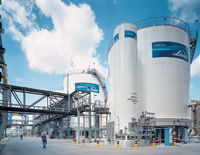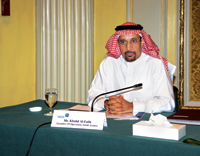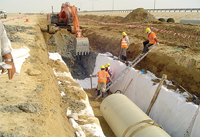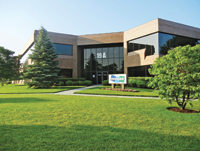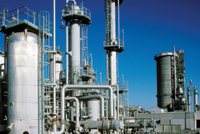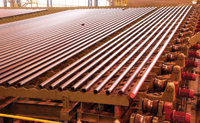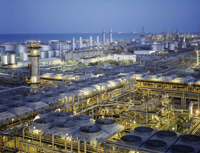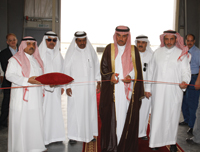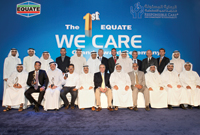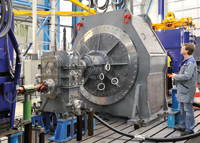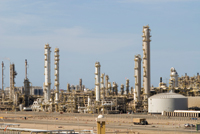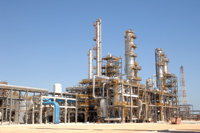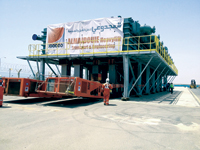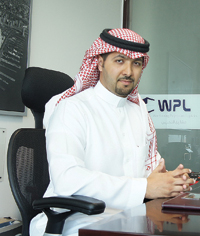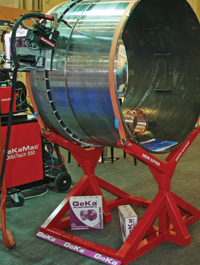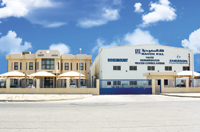
IDEA Soda Ash and Calcium Chloride Company (Isacc) has signed an agreement with Jacobs Engineering, by which Jacobs will provide engineering and project management services for the construction of an industrial complex for Jubail Inorganic Chemicals Industries Company (currently under formation) in Jubail’s Second Industrial City.
To be built at a total cost of SR1.1 billion ($293.3 million), the facility will be the first in the kingdom and the GCC to produce soda ash (sodium carbonate) and calcium chloride. The factory will have a total capacity of up to eight hundred thousand tonnes a year.
The contract was signed by Abdulaziz Yahya Al Muaiyyad, managing director and chief executive officer of Isacc (the founding company of Jubail Inorganic Chemicals Industries Co), and Dr Bob Irvine, group vice president of Jacobs Engineering.
During the signing ceremony in Al Khobar, Al Muaiyyad said: “This is one of the strategic projects in the kingdom since it will be a significant contribution to the development of Saudi Arabia’s non-oil economy with all basic materials secured from mines within the kingdom.
“The project will provide the kingdom’s requirements for soda ash and calcium chloride, used in oil and gas drilling operations and the manufacture of glass and detergents, which are currently being imported from outside sources.”
Al Muaiyyad went on to state that this agreement embodies the common objectives between Isacc and Jacobs Engineering, which aims at benefiting from the long experience and expertise of Jacobs in the field of engineering services and project management, adding that the company has fulfilled all the necessary requirements to start construction before the middle of next year.
The project has strong support from the Ministry of Petroleum and Mineral Resources, Saudi Aramco, and the Royal Commission for Jubail and Yanbu. Saudi Aramco has allocated the necessary gas and fuel for the facility, while the Royal Commission has allocated a 510,000 sq m plot of land for the factory at Jubail 2 Industrial City.
The commissioning production run is scheduled to start by end of 2014 and commercial operations will follow in the first quarter of 2015. Work is currently under process to secure all the other necessary utilities to run the project.
The industrial complex is viewed as an outstanding example of the progress being made in the development of Saudi Arabia’s non-oil economy and diversification of the kingdom’s revenues.
Furthermore, the project will contribute to the reduction of unemployment in the kingdom by providing more than 800 job opportunities in the various facilities and plant services.
Adding his comments, Dr Irvine, says: “This project is the first of its kind in the kingdom and we are especially pleased that Jacobs Engineering has been selected to carry out the engineering services and management of the project since we fully recognise the importance of increasing the participation of the chemical industries sector in the national economy.”
Dr Irvine went on to say that Jacobs Engineering has vast experience in this type of industry, which will directly impact the success of the project.
Dr Abdulbasit Andijani and Dr Basel Abu Sharkh, technical consultants of the project, explained that the facility will be one of the most technologically advanced and a role model for this type of industry since it will use various modern technologies that protect the environment and conserve water and energy consumption.



















































































